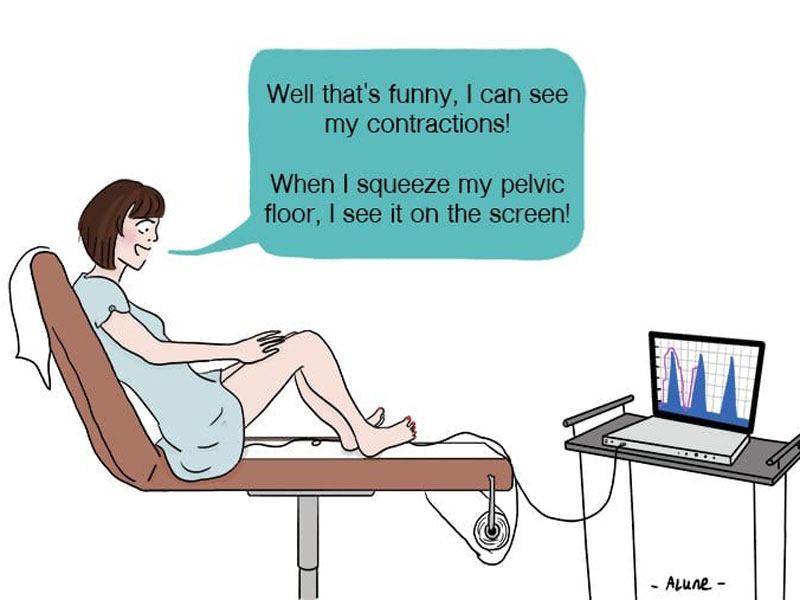Unlocking the Secrets of the Mind Through Quantitative EEG Brain Mapping Techniques in Psychological Health Evaluation
Unlocking the Secrets of the Mind Through Quantitative EEG Brain Mapping Techniques in Psychological Health Evaluation
Blog Article
Understanding the individual brain is a complex task, especially when it pertains to psychological health. Conventional approaches of assessment often depend on conversations and surveys, which can sometimes miss important details about how the mind functions. This is where quantitative brainwave analysis, or qEEG, enters into play. qEEG is a specific method that measures electrical signals in the cerebrum. By examining these brainwaves, mental health professionals can obtain valuable understandings into a individual's mental state, helping to improve diagnosis and treatment.
qEEG functions by applying small sensors on the head to capture brain activity. These electrodes measure electrical signals produced by nerve cells, the cells in the cerebrum that interact with each other. The data collected is then analyzed and presented as a series of waveforms. Each kind of neural wave—such as alpha, beta, delta, and theta—relates to different mental conditions and activities. For example, alpha waves are commonly linked with relaxation, while β oscillations are linked to active cognition and problem-solving. By examining these trends, healthcare providers can identify abnormalities that may indicate mental health issues.
One of the major advantages of qEEG is its ability to offer objective data. Unlike conventional evaluations that depend on personal reports from patients, qEEG offers a clear picture of neural activity. This clarity can assist reduce prejudices in diagnosis and lead to more precise treatment plans. For instance, if a client is facing anxiety, qEEG can reveal specific patterns of brain activity that are associated with anxiety disorders. This data allows psychological health experts to customize treatments more efficiently, whether it be through counseling, pharmaceuticals, or alternative treatments.
Moreover, qEEG can be particularly useful in monitoring treatment advancement. By conducting qEEG assessments at different points during treatment, healthcare providers can monitor variations in neural function over period. This ongoing evaluation helps ascertain whether a treatment is effective or if modifications are required. For example, if a patient is not responding to a particular medication, qEEG may show that their brain function has not altered in a manner that suggests progress. This response loop can lead to more customized and effective mental health care.
In conclusion, qEEG brain mapping is a powerful tool in the field of mental health assessment. By providing objective data about brain function, it enhances the understanding of various mental health conditions. This technique not only aids in accurate diagnosis but also helps in monitoring treatment success. As psychological health experts persist to investigate the potential of qEEG, it holds potential for enhancing the lives of individuals facing mental health challenges. With ongoing research and advancements in technology, the secrets of the brain may turn more apparent, try this website resulting to better results for those in requirement of support.